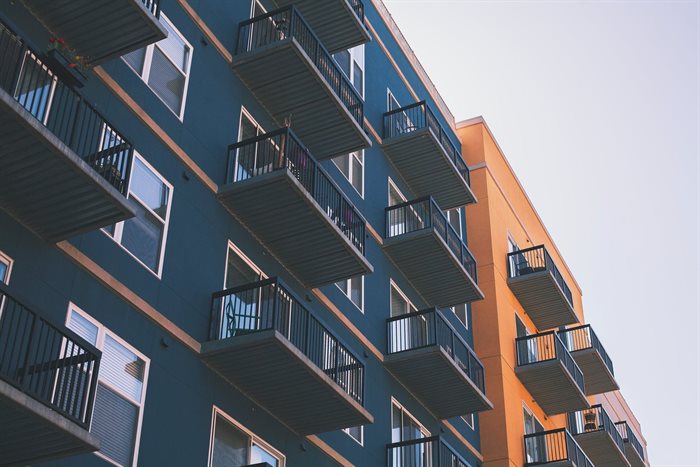
Top stories






More news

ESG & Sustainability
Redisa calls on govt to fix South Africa’s “broken” waste management system
























According to Rhys Dyer, CEO of Ooba Home Loans, 32.9% of the Western Cape’s property demand stemmed from buy-to-let applications in June 2023 alone. This far exceeds the previous high of 21.5% in March 2020.
“The national uptick in investment properties – now at 10.9% of home loan applications received - is largely driven by this sought-after region and marks the highest national percentage recorded since February 2009,” he says.
In contrast to the country’s biggest metro, Johannesburg, Cape Town has an under-supply of homes available to purchase, in part due to the rise of semigration. This, combined with the expensive house prices in the city, has led to a huge spike in tenants, particularly in sought-after areas like the City Bowl, Atlantic Seaboard, and the Southern Suburbs.
“Anecdotally, the rental market in Cape Town is experiencing unprecedented demand. Locals, semigraters and foreigners alike are competing for the low amount of rental stock that is available, attracted by the city’s high levels of service delivery, pleasant climate, and relative safety,” says Dyer.
“We’re seeing foreigners exercise their currency purchasing power by snapping up luxury rentals,” he continues. “However, the high demand has also resulted in landlords increasing the price of low to mid-tier rental properties because there are so many willing takers. Unfortunately, this may result in local tenants struggling to find well-located and appointed housing within their budget.”
In terms of the ‘going price’ of rentals in Cape Town, Seeff estimates the average monthly rental of in-demand areas as follows:
“In addition, Seeff estimates rentals in the Atlantic Seaboard and City Bowl areas are currently yielding attractive returns around the 4-6% mark.”
“The homebuyers investing in these types of properties are predominantly second-time homebuyers. Our statistics for June 2023 indicate that they earned an average gross monthly income of R156,190 and are aged 44 years,” says Dyer.
The average property in the Western Cape now sits at R1.78m (in June 2023) while the price of investment properties are not dissimilar at an average of R1.77m.